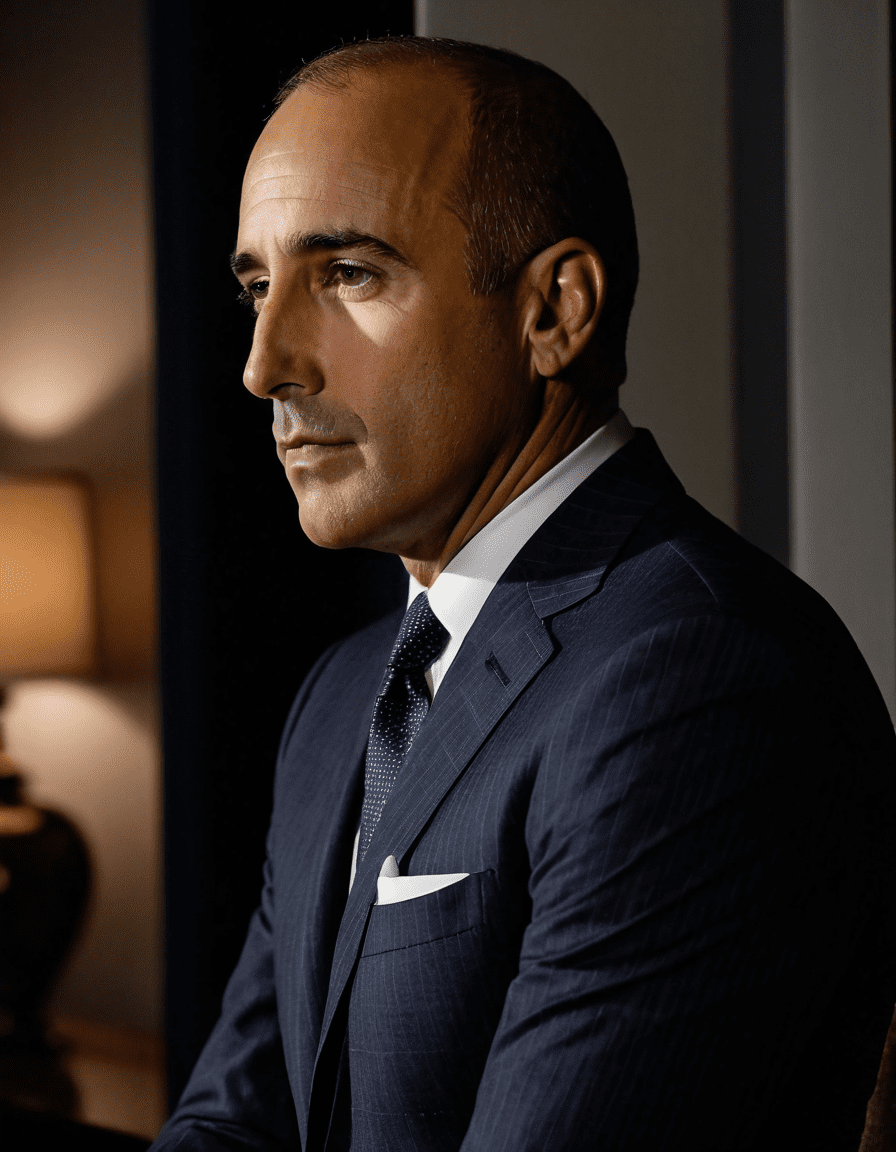Dante Alighieri, revered as the father of the Italian language, established a profound legacy that extends far beyond his own time. His groundbreaking work, The Divine Comedy, not only transformed the art of poetry but also infused literature with intricate themes and characters that still resonate in modern storytelling. Today, let’s delve into the ways Dante’s imaginative vision continues to influence today’s literature and, by extension, film and television, helping fans appreciate just how much we owe this literary titan.

The Top 7 Ways Dante Influenced Contemporary Literature
1. Complex Narrative Structure
Dante’s use of an allegorical narrative in The Divine Comedy helped pave the way for modern storytelling. You could say that when we watch films with tangled timelines like Inception, there’s a bit of Dante in there. Authors such as Jorge Luis Borges echoed this multi-layered style in The Aleph, where reality twists and turns, reflecting Dante’s journey through Hell, Purgatory, and Heaven. Just as directors are crafting stories that challenge viewers’ perceptions, Dante’s storytelling practices have influenced the cinematic landscape.
2. Rich Characterization
By introducing multifaceted characters in Inferno, such as Francesca da Rimini, Dante showcased humanity’s moral dilemmas with raw honesty. This depth of characterization inspired modern writers and filmmakers alike. Toni Morrison, for example, plays with complex individuals in Beloved, revealing layers that echo Dante’s intricate portraits of human experience. Just like Dante’s characters, contemporary cinematic figures challenge audiences to see the complexities of life, love, and regret.
3. Exploration of Themes
Dante boldly tackled themes of sin, redemption, and moral philosophy, weaving them seamlessly into his narrative. Fast forward to current literature and cinema, and we find echoes of these same existential questions in works like Margaret Atwood’s The Handmaid’s Tale. Here, the ethical dilemmas presented are strikingly relevant, mirroring the challenges Dante faced in his own time. When we analyze films that adapt these themes, like the dystopian narrative in The Hunger Games, we see that literature and cinema invite audiences to reflect deeply on their realities, just as Dante did.
4. Intertextuality in Literature
Dante’s work is rich in intertextual references, and he wasn’t shy about dialoguing with the classics. Modern authors like Michael Cunningham, in The Hours, do the same, echoing Virginia Woolf’s growing influence on narrative techniques. This interplay across time shows how classics engage in ongoing conversations—much like how directors pick up themes from older films. Much like Dante dialogues with Homer and Virgil, today’s filmmakers and writers rekindle these age-old narratives, building new worlds from familiar foundations.
5. Influence on Language and Style
Dante’s pioneering use of vernacular Italian set a benchmark in literature that still resonates today. This approach opened doors for writers like Eve Ensler, who utilized candid and relatable prose in The Vagina Monologues. By integrating local dialects and accessible language, Ensler captures liveliness akin to Dante’s mission to reach the masses. This accessibility in storytelling engages diverse audiences, a critical aspect of contemporary theater that draws from Dante’s rich legacy.
6. Symbolism and Imagery
The vivid imagery Dante crafted in The Divine Comedy—painting haunting pictures of Hell and serene vistas of Paradise—continues to influence modern writers. Take Ben Okri’s The Famished Road, where he employs rich imagery and symbolism to explore the human condition amid political turmoil. Much like Dante, Okri dances with themes of beauty and suffering, evoking emotions that connect deeply with the audience. This depth of visual storytelling isn’t just an academic endeavor but a lifeline for filmmakers aiming to craft unforgettable visual narratives.
7. Political Commentary and Satire
Dante’s astute social critique in his works mirrors the voices of today’s writers who navigate complex political realities. Chimamanda Ngozi Adichie, for instance, parallels Dante’s insights on society and identity in her novel Americanah. Here, the dialogue extends into personal and political realms, mirroring the depth and nuance within Dante’s critiques. Much like a revealing documentary or hard-hitting drama, it showcases how literature and cinema engage in societal discussion, spurring audiences to think critically about their truths.

Dante’s Lasting Legacy in the Modern Context
Dante’s exploration of the human condition and innovative narrative techniques inspire writers, filmmakers, and even game developers across the board. His skillful blend of poetic form with intertwining issues cultivates a richness that’s relevant now more than ever. As filmmakers tackle contemporary stories riddled with complex characters and ethical dilemmas, they find guidance in the allegorical truths Dante presented, from the circles of Hell to the joys of Paradise.
In a landscape where personal identity and moral conundrums reign supreme, Dante’s work acts as a bridge connecting the rich past with the vibrant present. His rich tapestry of themes and characters fosters fresh interpretations, igniting renewed conversations around the powerful essence of storytelling. Today, Dante isn’t just a poetic relic but an ongoing source of inspiration, prompting filmmakers and writers alike to delve deeper into the abyss of human experience and emerge with narratives that resonate throughout time.
Whether you’re streaming a cult classic or discussing the latest award-winning film, remember that behind many tales lies the shadow of Dante, shaping the stories we love today. Even when binge-watching your favorite shows from platforms like Bitstarz casino, you might find yourself reflecting on the very human emotions that Dante so artfully captured centuries ago. And let’s face it: in our chaotic, modern lives, a little Dante-inspired reflection might just be what we need.
Dante: The Visionary Poet Who Shaped Literature Today
A Journey Through Dante’s Legacy
Dante Alighieri, the celebrated author of “The Divine Comedy, has had a monumental impact on literature, and his influence still resonates today. Did you know that he is often considered the father of the Italian language? Written in the early 14th century, his works were pivotal in transitioning literature from Latin to vernacular Italian, capturing the spirit of the people. This transformation parallels how pop culture phenomena, like the recent buzz surrounding a Wendy’s lawsuit in Michigan, can capture public interest and shift conversations. Just as Dante’s writing helped shape modern Italian, these contemporary issues tell us much about our society.
Dante’s journey to Hell, Purgatory, and Heaven reflects a personal evolution that many can relate to. Speaking of trips through various realms, the creative worlds of Nine Anime take viewers on a journey full of twists and turns, just like Dante’s poetic odyssey. The way Dante infused personal struggles into his verses allows readers to connect deeply with his work, making it feel timeless. His character representations serve as profound reflections on morality and redemption, much like how a good story can evoke a miracle moment in our lives.
Fun Facts That Spark Interest
Adding to his mystique, it’s fascinating to know that Dante’s exile from Florence significantly influenced his writing. This experience added layers to his narratives and perhaps gave his words a weight that resonates through the ages. Interpreted through modern visual mediums, the themes of his work can be as sweet and tantalizing as your favorite candy. Just like how Mi Corazon Es Tuyo captures the hearts of its viewers with romance and heartfelt stories, Dante’s narratives continue to capture the essence of human emotion.
To wrap it up, Dante not only shaped literature but paved the way for future authors, inspiring countless adaptations, interpretations, and discussions. Much like understanding what PMI mortgage insurance does in the housing market today, appreciating Dante’s contributions requires digging beneath the surface. His work invites readers to explore profound philosophical questions, proving that literature isn’t just for the scholars but for everyone searching for deeper meaning in life. So the next time you lose yourself in a story, remember Dante’s spirit lives on in every page turned.





